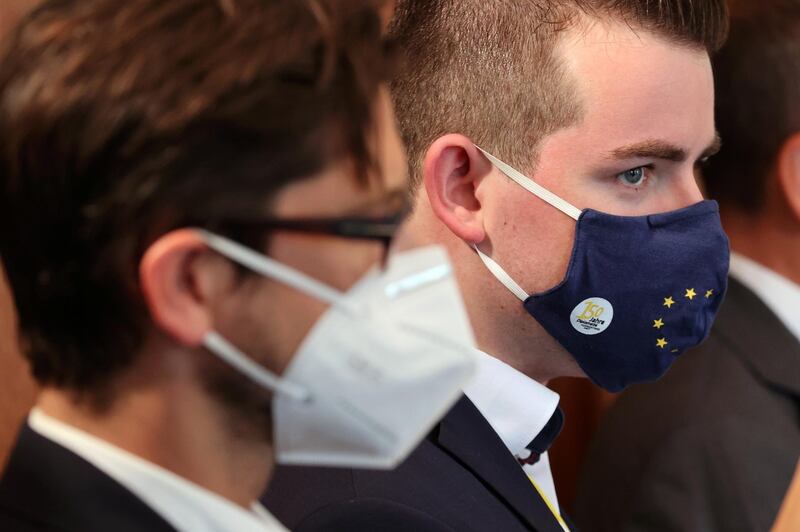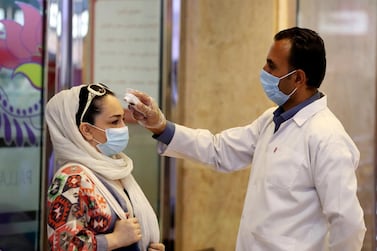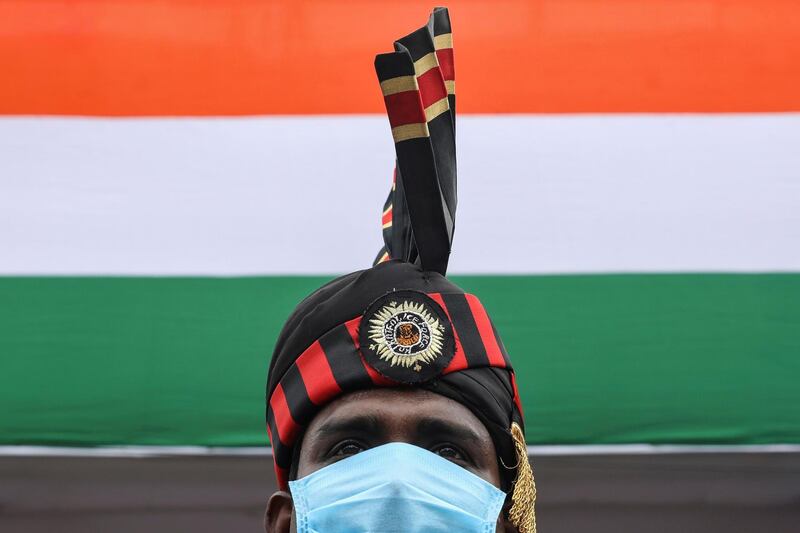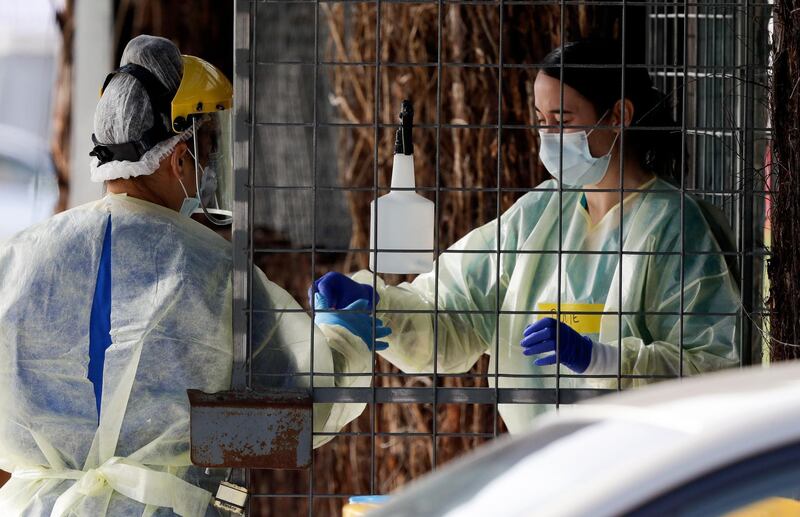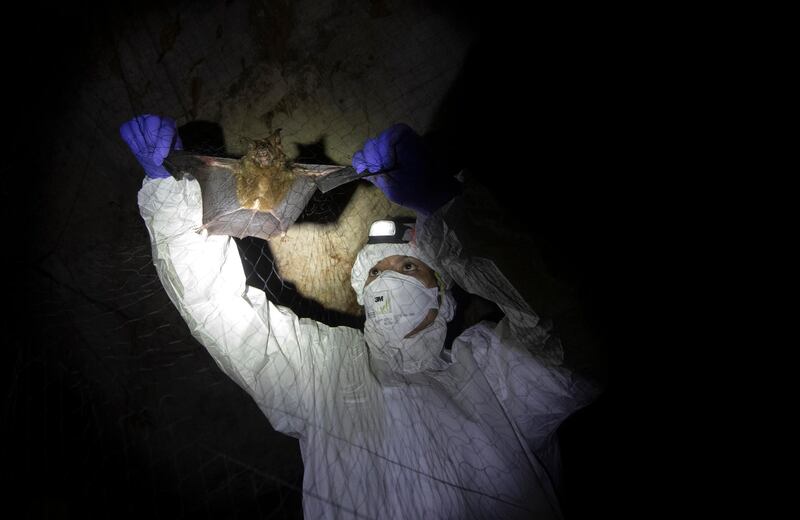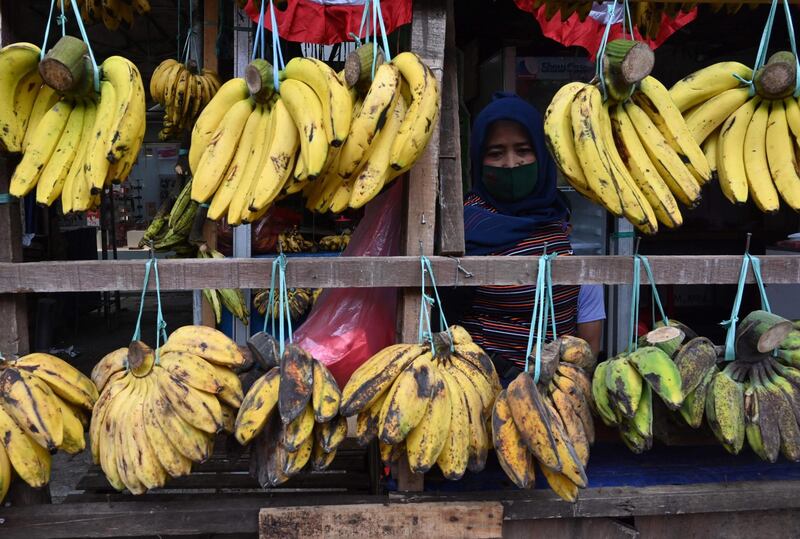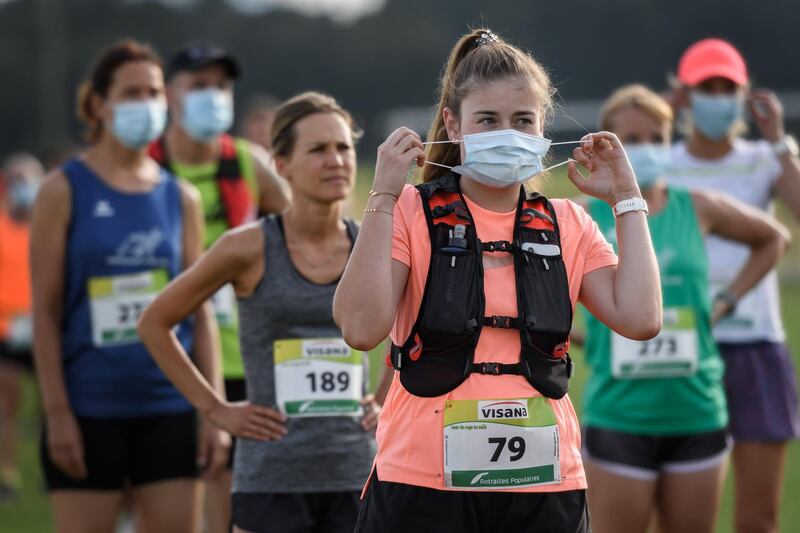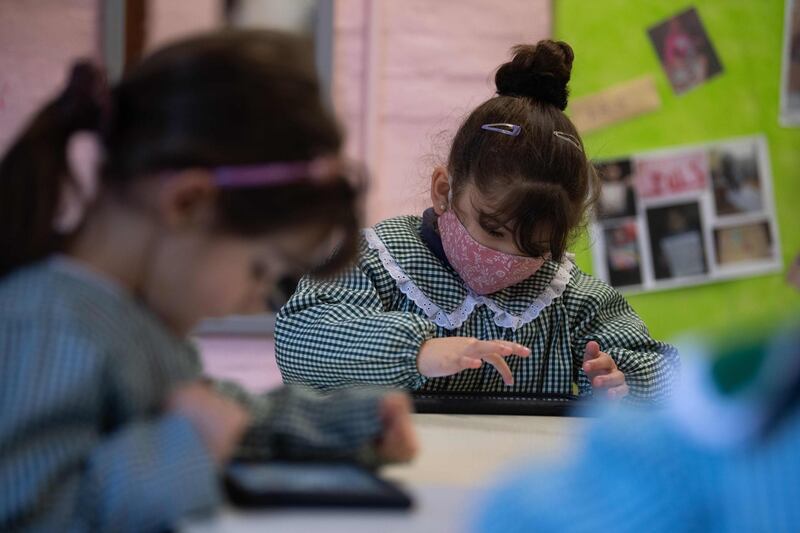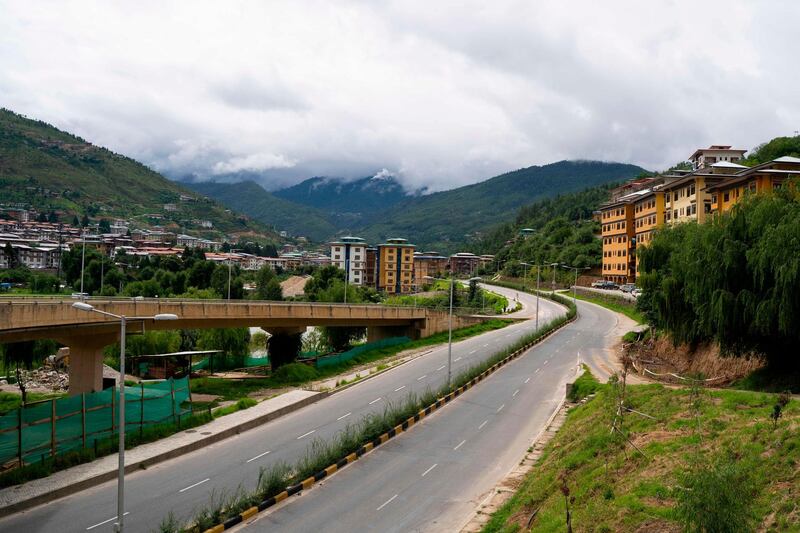Europe’s largest economies are experiencing a surge in Covid-19 cases as concerns mount over tourists returning from abroad spreading the virus at home.
Germany recorded 1,000 daily infections for three days straight as infections hit a three-month high and Spain deployed its military to set up a field hospital in the hard hit Aragon region.
In England, the much-maligned tracing app is finally to begin public trials after months of false starts. Britons on holiday in France are expected to find out on Thursday if they need to self-isolate on return as more than 2,500 new cases were reported in the latter.
The imposition of a quarantine in France would follow the measure taken against Spain at the end of July.
French prime minister Jean Castex warned that any rebound of Covid-19 could become hard to control if the country failed to act collectively.
Since lifting its strict lockdown around six weeks ago Spain has struggled to keep a lid on new infections, with average daily cases rising from less than 150 in June to more than 1,500 in the first 12 days of August.
TV footage showed air force personnel setting up dark green tents to serve as a field hospital in Zaragoza, Aragon's regional capital in north-eastern Spain. With 571 cases per 100,000 inhabitants, Aragon has the highest prevalence of the virus in Spain.
In Germany, There were 1,319 new cases in the 24 hours through Thursday morning, the most since May 1 and bringing the country’s case total to 220,859.
Health minister Jens Spahn told ZDF television on Thursday: “My biggest concerns are people returning from trips abroad and that there are certain events such as celebrations and parties where infections can happen,” German Health Minister Jens Spahn said in an interview with Thursday.
“What’s important for me is that nurseries and schools can reopen as normal and that industry and trade can continue. That’s important to secure jobs.”
Chancellor Angela Merkel is due to hold talks with regional education ministers later on Thursday as students return to school in some regions this week after the pandemic disrupted the summer vacation season.
